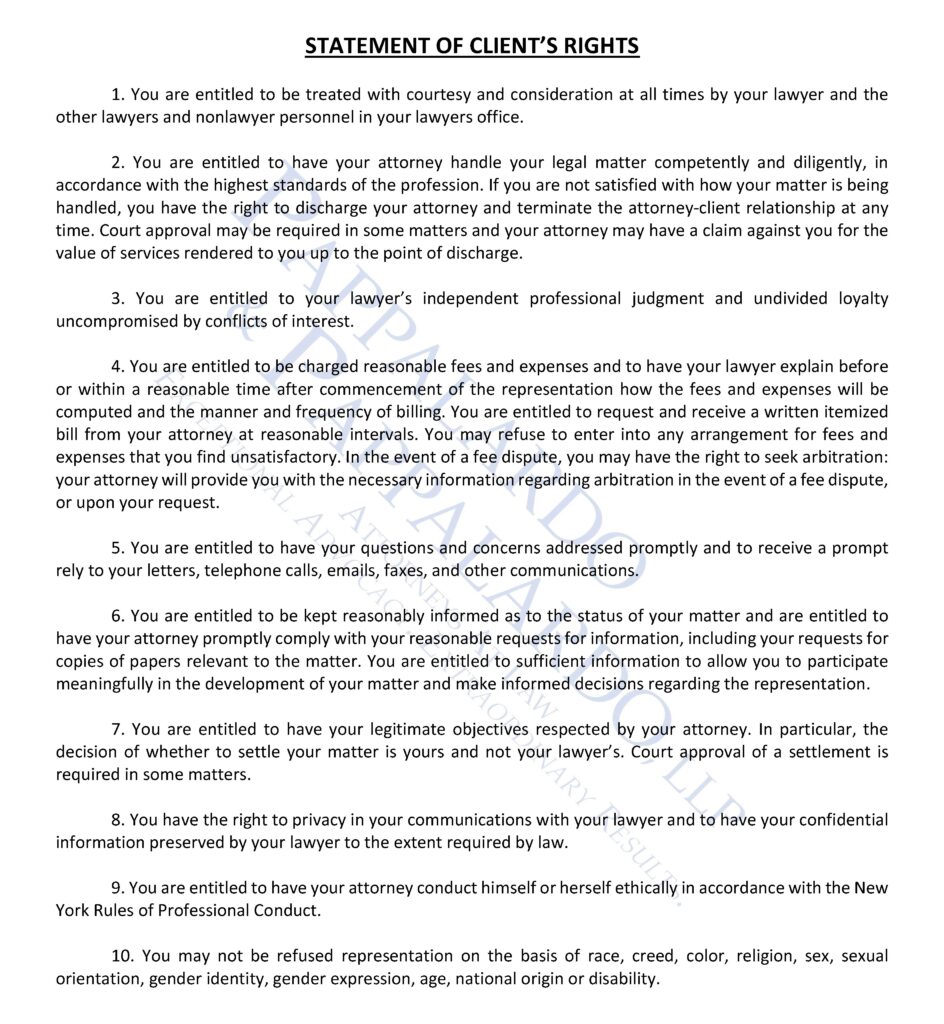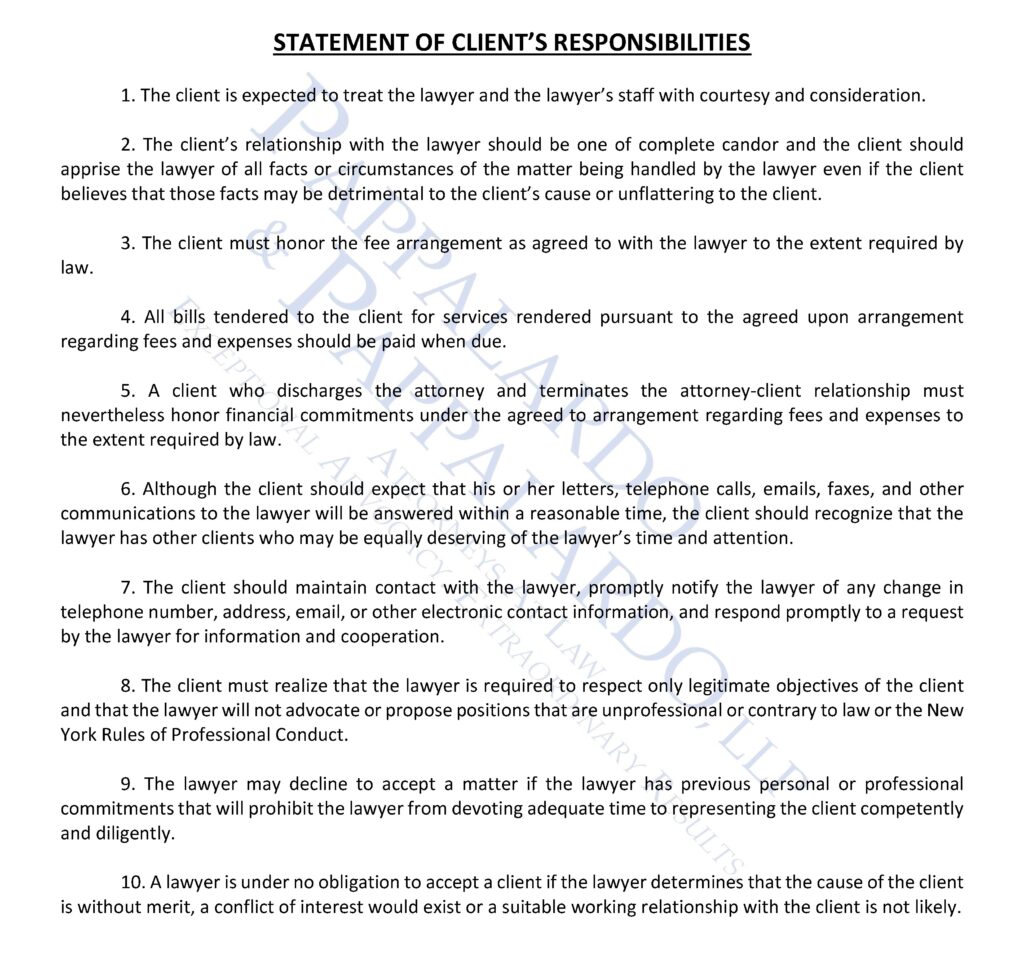Client’s Rights: What Defendants Should Expect From Their Attorneys
If you’re facing criminal charges, one of the most important relationships you have is that with your lawyer. But what if he doesn’t return your calls? If she doesn’t explain the case against you? What if he doesn’t file motions on your behalf? Or if she bungles the trial in your case? Every criminal defendant has rights – and you should know what yours are.
Constitutional Rights
In the US, the Constitution guarantees a criminal defendant certain rights. This includes the rights to:
- Remain silent
- Have a public trial
- Have a speedy trial
- Trial by an impartial jury
- Confront the witnesses against you
- Challenge the charges and evidence against you
- Not be charged twice for the same offense
Two additional rights are also included in the Constitution regarding the criminal defense lawyer:
- An attorney’s representation
- The effective assistance of counsel
Effective Assistance of Counsel
The Sixth Amendment states that “in all criminal prosecutions, the accused shall enjoy the right … to have the assistance of counsel for his defense.” And the effective assistance of counsel is important. Indeed, criminal defendants are entitled to adequate representation at all stages of their case, not just at trial. Even if a case resolves with a plea bargain, the attorney’s representation must be adequate.
To find an attorney’s representation “ineffective,” his/her performance must (1) fall below an objective standard of reasonableness, and (2) give rise to a reasonable probability that if he/she had performed adequately, the result would have been different.
The New York state Constitution also guarantees the right to effective counsel. Under the state constitution, an attorney must provide meaningful representation – meaning the evidence, law, and circumstances of a particular case, viewed in totality and as of the time of the representation, reveal that the attorney provided the defendant with such representation. In some cases, a single “substantial error” which compromises a person’s right to a fair trial can be ineffective assistance.
Additional Rights of Clients
In addition to Constitutional guarantees, a client should expect more from their attorney. And in New York, every criminal defendant should be advised of their rights and responsibilities.
For example, the Fourth Department recently considered a case where a defendant, who had been charged with robbery, complained he didn’t have enough contact with his attorney. According to the defendant, the attorney hadn’t seen him at the jail and hadn’t explained the case. Upon review, the court reversed the conviction, holding the trial court failed to explore the nature of the client’s disagreement with his attorney. Nor did the trial court try to see if that issue could be resolved.
A client has a right to have his/her attorney explain the case and discuss the nature of the charges. And an attorney must review all the evidence and paperwork in a case. Additionally, a client’s rights also include an attorney returning phone calls and other correspondence within a reasonable time.
Yet there are also responsibilities a client must observe. For example, you should inform your attorney of any changes in contact information. Moreover, you must assist your attorney when requested. And finally, a client must understand an attorney has a duty to be professional. A lawyer is only required to respect the legitimate objectives of the client.
References:
- People v. Robinson, 2021 N.Y. Slip Op. 3939 (4th Dept. 2021); available at: https://www.nycourts.gov/courts/ad4/clerk/decisions/2021/0617T1500/PDF/0189.pdf (last accessed June 29, 2021).
- 22 NYCRR § 1210.1, Statement of Client’s Rights; available at: https://www.law.cornell.edu/regulations/new-york/NYCRR-Tit-22-Sec-1210-1 (last accessed June 29, 2021).
- New York State Bar Association, Statement of Client’s Responsibilities; available at: https://nysba.org/app/uploads/2020/01/StatementClientsResponsibilities.pdf (last accessed June 29, 2021).


